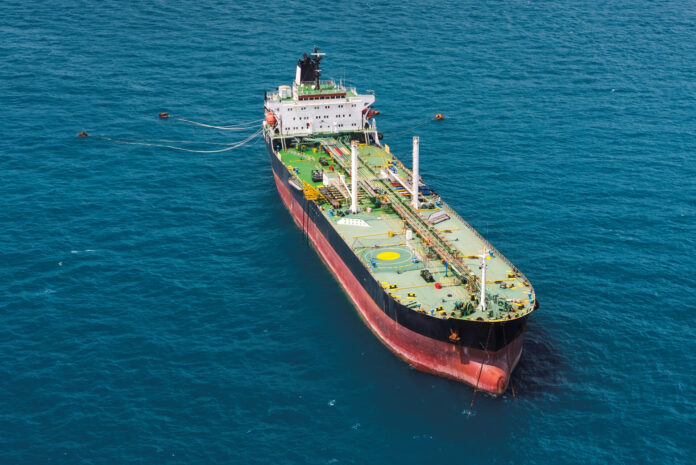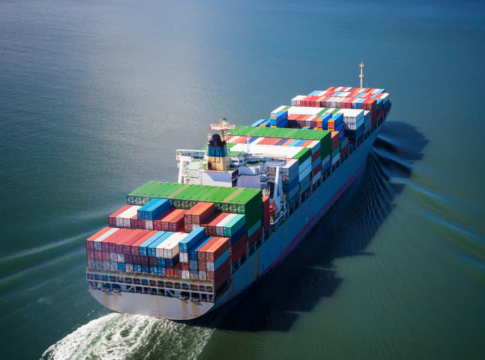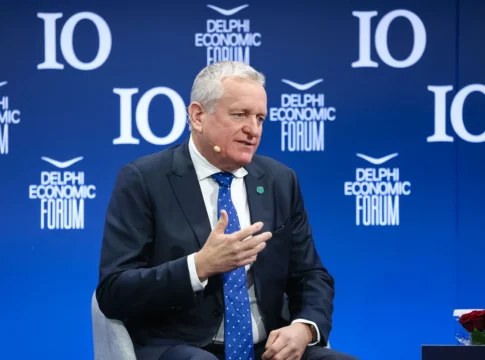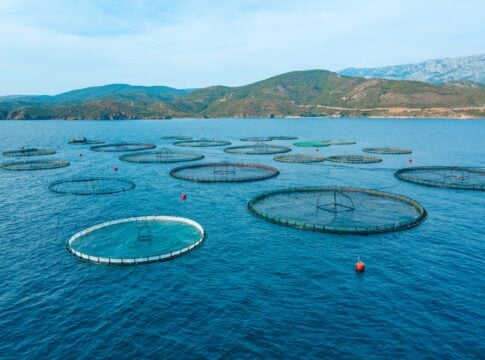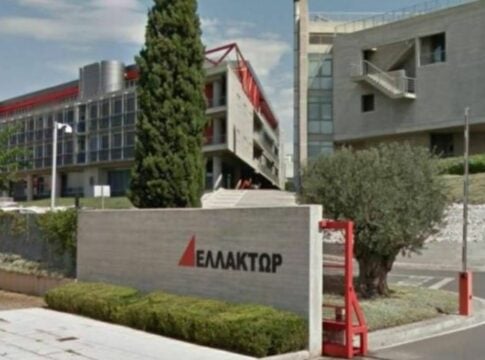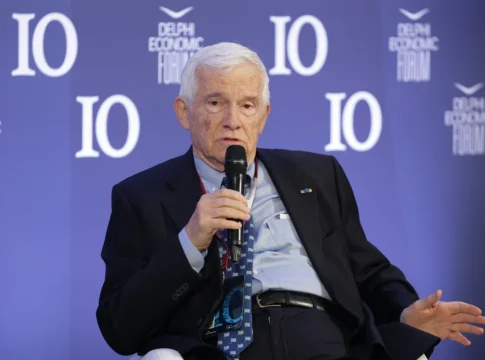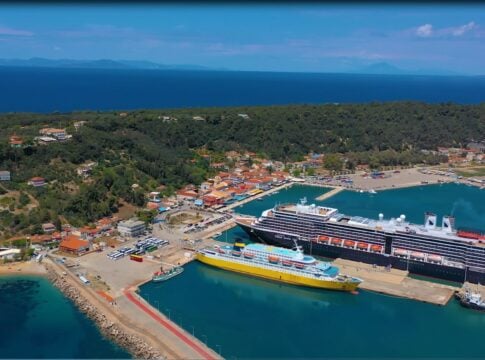Several shipping companies have proceeded with significant investment exposure in markets that extend beyond their traditional field of activity.
Costamare’s move by Kostis Konstantakopoulos to extend to dry bulk carriers about two years ago and the agreement of Atlas Maritime, owned by Leo Patitsa, for the construction of tonnage for the transport of cars, in 2022, are just some of the examples that demonstrate that the “Greeks” opt for big changes when they present attractive benefits.
Such moves are, of course, not easy, as each new openings and expansions entail risks, but domestic shipping companies have a reputation for making sound decisions at the right timing.
“Greek shipowners used to have a presence in conventional, mainstream markets, such as dry cargo and tankers, as they required less specialized knowledge. At the same time, the activity in more advanced fields, such as chemical tankers, car carriers, containerships, LPG carriers and others, was difficult, because the charterers wanted to ensure that the ship would perform and thus exercised a kind of control system,” Theodoros (Ted) Petropoulos, Petrofin Research head, said to “Naftemporiki”.
Petrofin Research has been doing research on Greek shipping for several years as well as on the financing of the companies in the sector.
However, as he said, the Greeks recognized the above markets as important capabilities and gradually moved to container ships and later to all specialized fields.
According to Petropoulos, such a move was the expansion of shipping companies to the market of LNG carriers, as they invested in several newly built steamers, “building” a noticeable presence. According to information presented by “Naftemporiki”, 10 years ago, the “Greeks” controlled only 3% of the world’s fleet of LNG carriers, based on vessel capacity. In early 2023, the share increased to 21%.


